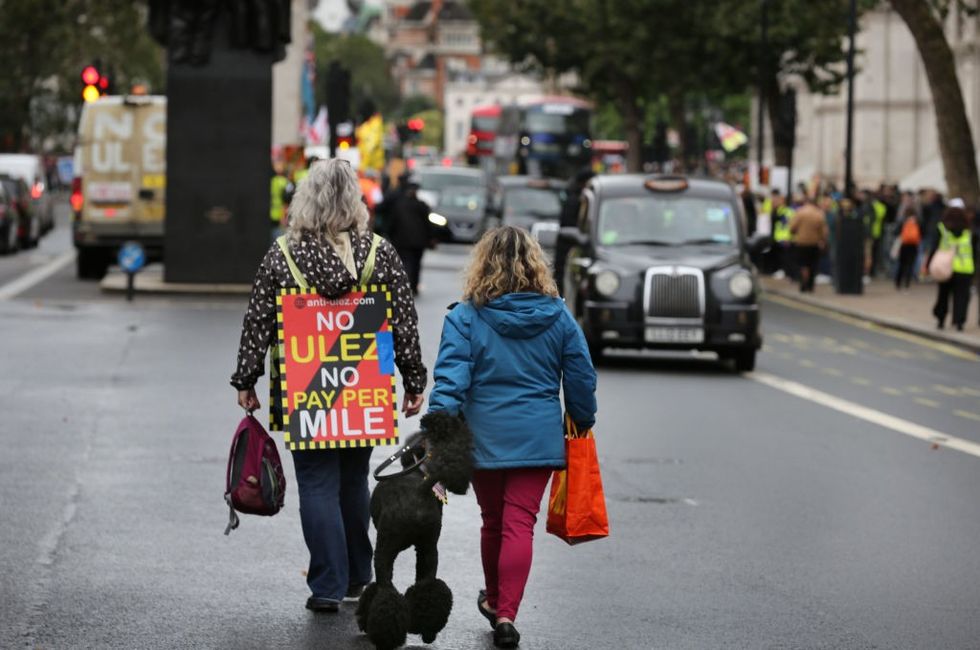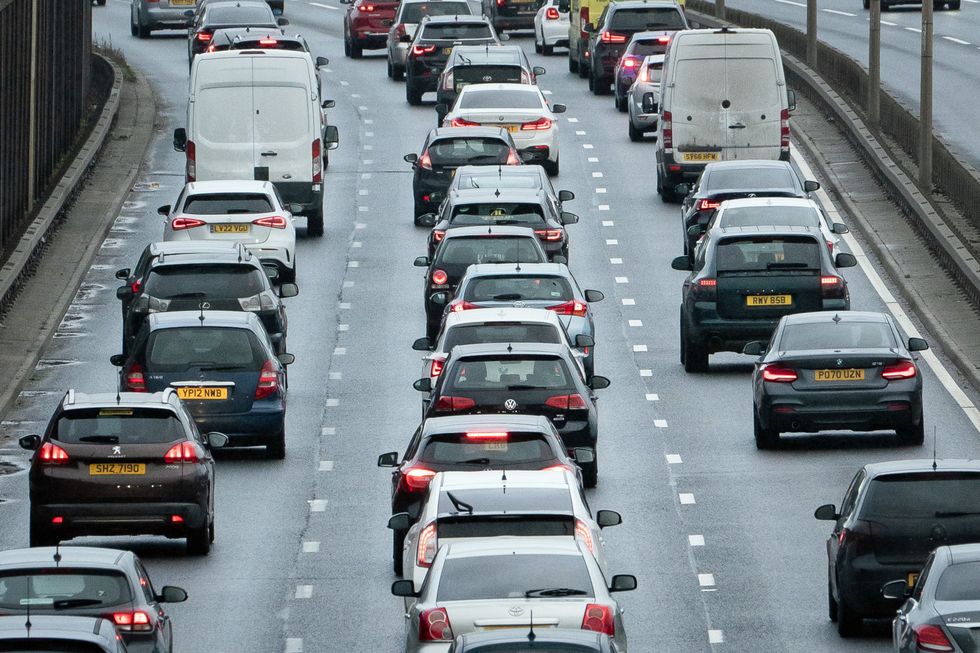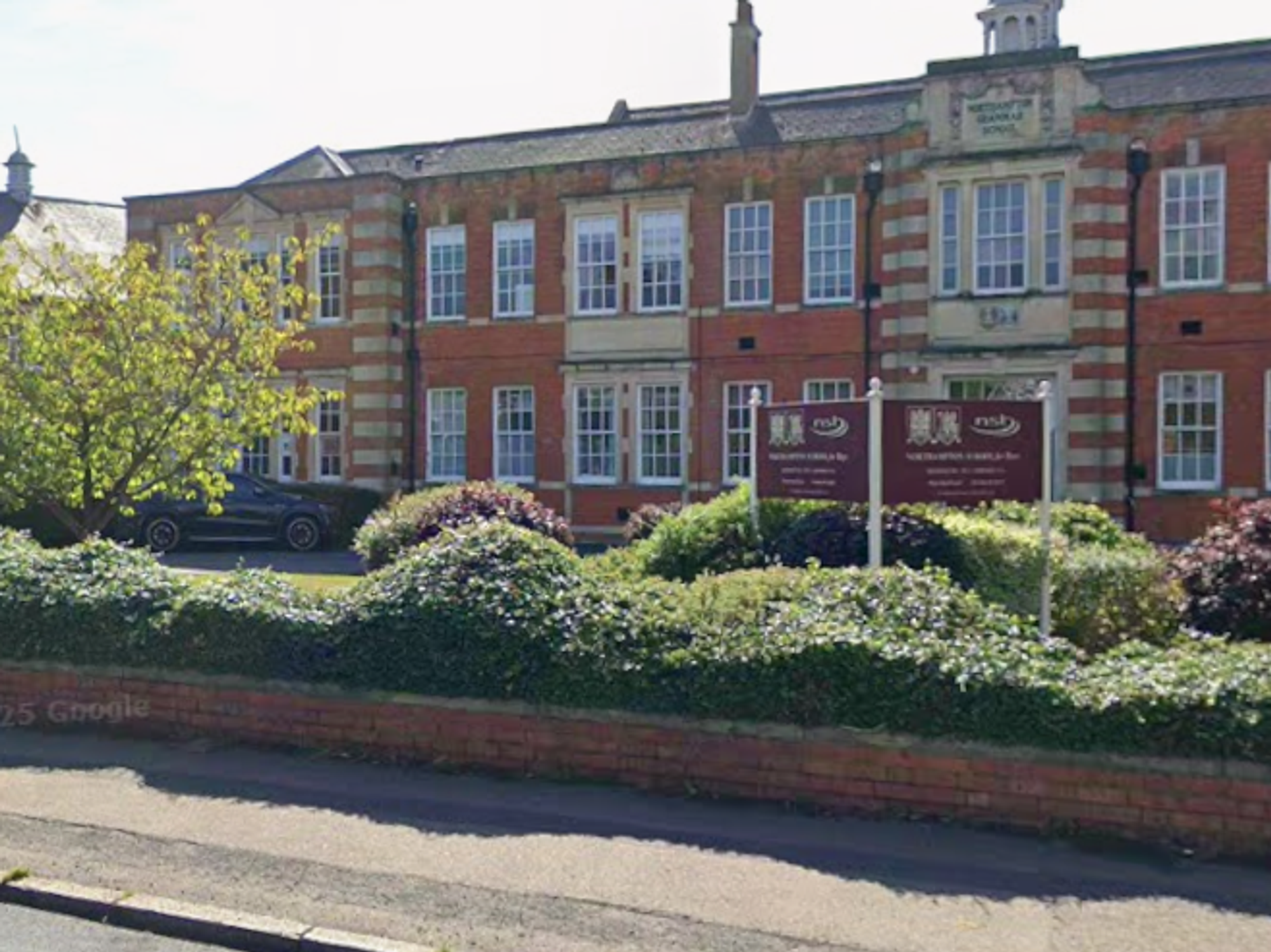Pay-per-mile car tax changes to 'disproportionately affect' rural drivers who 'stand to lose the most'

Experts have backed the use of pay-per-mile car taxes in recent years
| GETTY
The new tax scheme would replace Vehicle Excise Duty if taken forward
Don't Miss
Most Read
All products and promotions are independently selected by our experts. To help us provide free impartial advice, we will earn an affiliate commission if you buy something. Click here to learn more
Pay-per-mile tax schemes could cause “significant” damage to the used car market in the UK and impact rural drivers, experts have warned.
The proposed tax scheme would charge motorists for every mile they drive rather than based on the emissions output of their cars. It would replace the current Vehicle Excise Duty which taxes more polluting vehicles.
- View Deal | RAC promises to beat all Car Insurance offers from AA
- View Deal | Compare all Car Insurance deals at Confused.com
But experts have warned that if the new Labour Government were to introduce this, it would risk causing “significant disparity” in the used car market with high-mileage vehicles seeing a drop in demand.
It also would cause cost differences between rural drivers and urban motorists who would see themselves paying less than those living away from towns and cities.
Do you have a story you'd like to share? Get in touch by emailing motoring@gbnews.uk

Drivers in rural areas would pay more under the tax measure
| GETTYVehicles known for fuel efficiency like electric cars or those with low mileage rates are likely to be more desirable if the tax changes were rolled out.
This could also create a two-tier market where the affordability of used cars is closely tied to their efficiency and mileage history, experts remarked.
Nick Zapolski, founder of ChooseMyCar explained that drivers in rural areas, where driving is often the only viable means of transport, “stand to lose the most”.
He said: “These individuals typically have longer commutes and fewer public transport options, meaning the tax could disproportionately affect their budgets.”
Conversely, drivers living in urban areas with access to strong public transport networks “may find the financial impact less severe”.
He added: “Those who drive less frequently, or only for short distances, might even see a reduction in their overall driving costs compared to current flat-rate vehicle taxes.”
To help minimise the cost impact on drivers Zapolski suggested combining errands and planning routes more efficiently to reduce overall vehicle use.
Drivers could also consider switching to more fuel-efficient vehicles, including hybrids or electric cars, which would help reduce the cost per mile.
Instead of a pay-per-mile tax, Zapolski suggested that the Government create “a more nuanced approach" to ensure fairness for motorists.
He detailed: “A tiered system that takes into account both the emissions of the vehicle and the driver’s income level could provide a more balanced solution.
“For example, those driving lower-emission vehicles or with lower incomes might pay a reduced rate per mile.”
To help those in rural areas, the Government could also look to expand and improve public transport options. This would help offer a sustainable alternative for those who might struggle with the increased cost of driving.
LATEST DEVELOPMENTS:

The tax scheme would help recover losses from the fuel duty levy
| PAThe pay-per-mile tax system talks come as the Government looks to recover £9billion in fuel duty revenue with fewer petrol and diesel cars on the road.
According to global accountancy firm PwC, the Government could risk losing billions of pounds in taxes if measures are not put in place.
Grant Klein, transport leader at PwC, warned: “There are roughly 40 million licensed vehicles in the UK, which are a huge supporting contributor to the public purse and a shrinking fuel duty tax base will be cause for alarm as the current fiscal position remains stretched.
“It is difficult to imagine the Treasury giving up its substantial current fuel duty revenue without a replacement in mind.”










